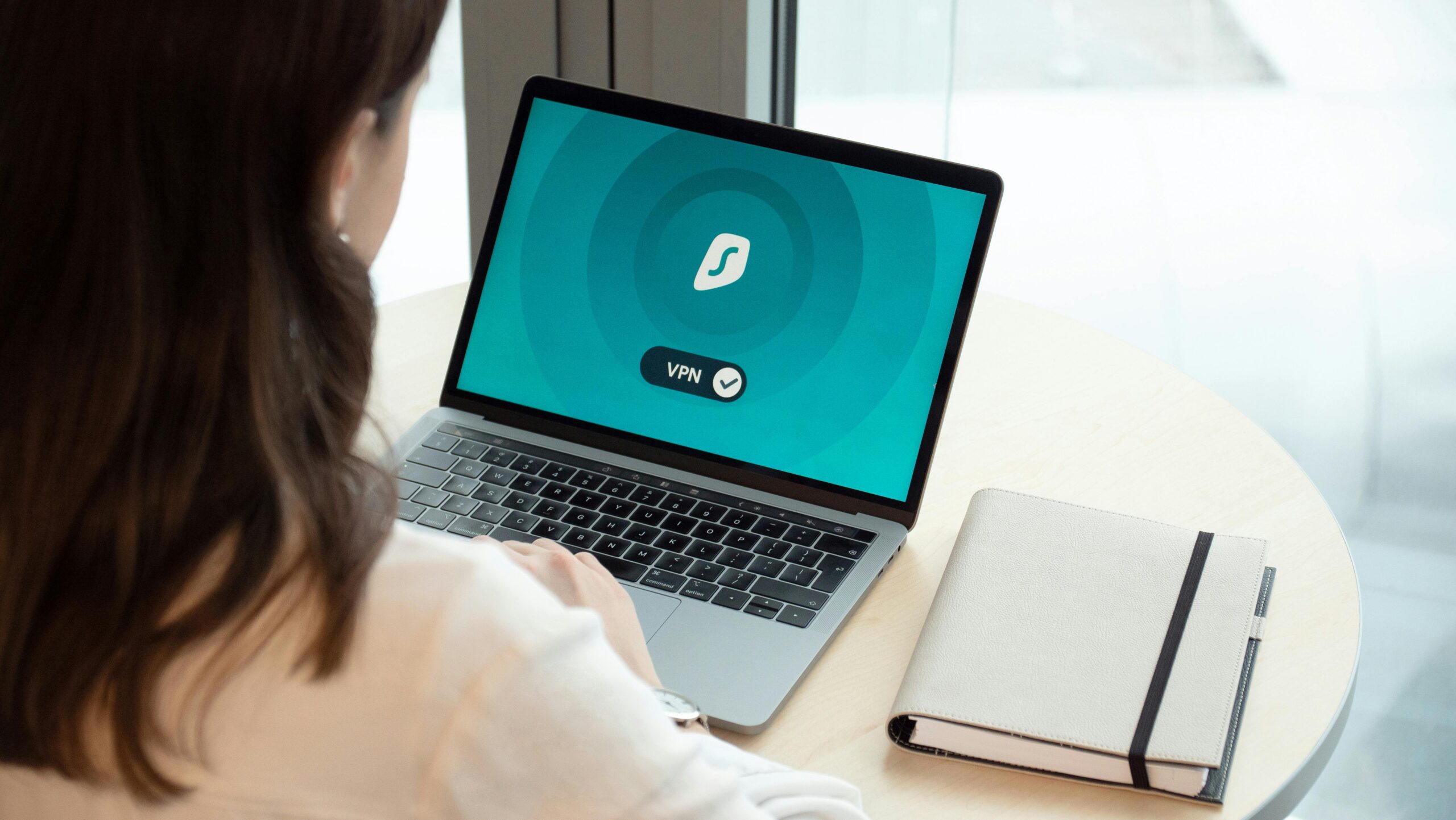Basic cybersecurity can be a lifesaver. But most people aren’t aware of the small things they can do that make a massive difference. If you have ever been a victim of data theft then you know it can be a living nightmare. From passwords to updates, here are some top cybersecurity tips.
Table of Contents
Being Aware of Changes
We are pretty intimate without electronic devices such as phones and laptops. We use them for everything, and anyone skilled enough can put together an accurate profile of your life. From what you eat to sexual preferences, it’s all there in your data.
There are many signs your phone is hacked, and just being vigilant about this is a major help. Because you know your device so well, you can spot changes such as slowing down, new files, and apps that you didn’t install.
Unique Passwords for Every Login
We all use a lot of passwords every day. You probably remember a good chunk of them, but maybe that’s because you use the same password for multiple logins. This is a guaranteed way to be hacked pretty easily. So what can you do?
Password managers such as LastPass can store your passwords for you. It will even recommend unique and strong passwords that are impossible to guess. Come up with a strong master password for a password manager app.
Basic Cybersecurity with Enhanced Features
Up to 91% of hacks begin with an email, and hackers gain access to devices usually because of some type of human error. However, you don’t have to make it easy for them. Today, there are enhanced (but easy to use) features to secure your home business, work or personal devices.
Two-factor authentication (2FA)
2FA is a relatively new feature but requires authentication from another device, usually a phone.
Drive Encryption
This encryption is almost impossible to beat, and most hackers won’t go through the trouble of trying.
Real-Time Monitoring
Antimalware apps provide excellent real-time monitoring of your devices when connected.
Combined, these enhanced security features will give the best hackers a run for their money. For the most part, they will move on if your security is something of a challenge for them.
Automatic Software and Firmware Updates
Software can often be an entry point for hackers. Sometimes, there are “backdoors” via software that they can exploit to gain entry into a system. Automatic updates will patch these out as developers become aware of them.
However, you may not know that hardware is also an entry point. Firmware has backdoors too and anything connected to your network, even a basic printer, is a potential way in. Ensure you update the firmware when necessary or you’re leaving yourself wide open to cyber-attacks.
Regular Data Backup
Some hackers love nothing more than to cause as much damage as possible. A vindictive act that some take is to erase your data on any machine. This can be a nightmare for a personal device and devastating to a business.
It is good practice to back up your data to multiple systems on a regular basis. For example, back up to a cloud system, but also to offline USB drives in case the cloud system is compromised. You will then have an easier time recovering any lost data.
Basic Cybersecurity: In Summary
Taking a proactive approach and being aware of changes to a device and system is a fundamental part of basic cybersecurity. You can also use enhanced features such as 2FA, encryption, and real-time monitoring. And don’t forget to back up your data on a regular basis.
Photo from Pexels
